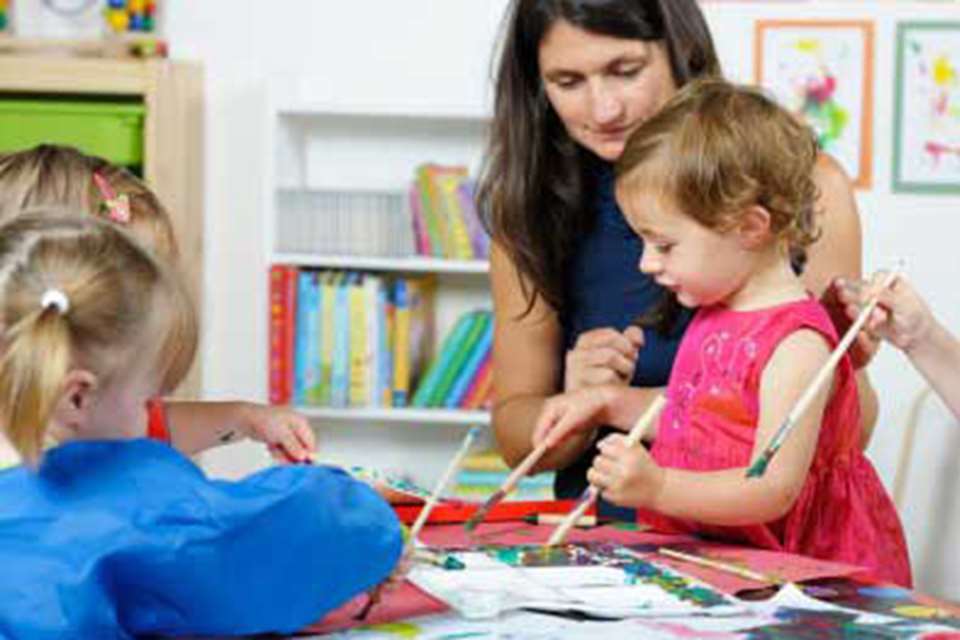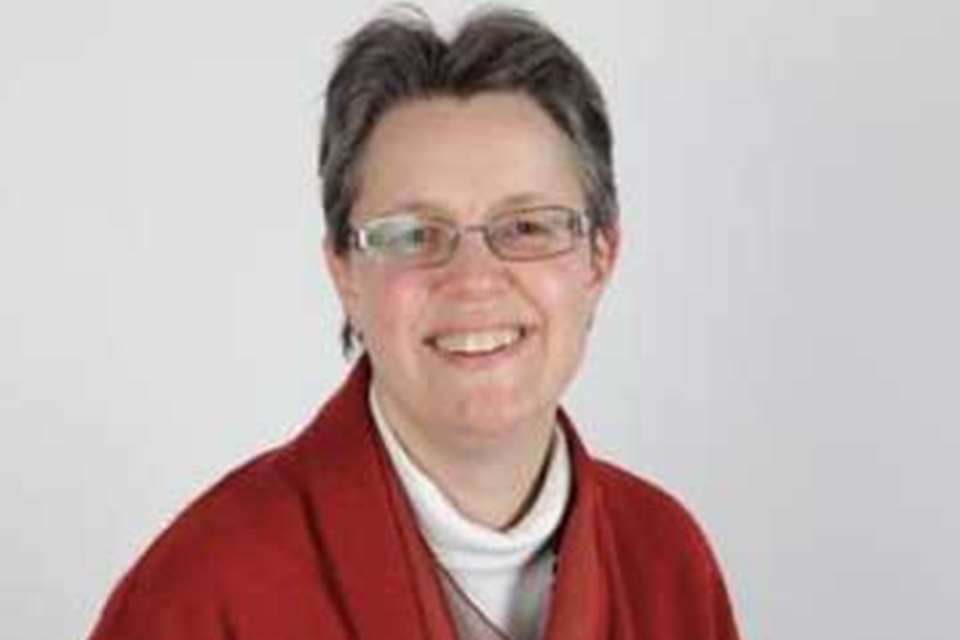Plans for judging use of EYPP cause concern
Monday, November 3, 2014
While the introduction of the Early Years Pupil Premium (EYPP) in April has been welcomed by the sector, early years organisations have raised concerns over how Ofsted will determine if settings are using it effectively.

Details of how nurseries and childminders will be inspected on their use of the premium were outlined in the Department for Education's (DfE) response to the EYPP consultation, published last week.
More than 170,000 three- and four-year-olds are set to benefit from the £50m EYPP.
While early years settings will be able to choose how they use the funding - for example, to employ better qualified staff or use speech and language specialists - Ofsted will judge how effectively they use the premium to help prepare children for school and narrow the gap in attainment between disadvantaged children and their peers.
The inspectorate will update its inspection frameworks so that inspectors will assess the effective use and impact of the EYPP under the leadership and management judgement.
According to the consultation response, to make this judgement Ofsted will want to see evidence that a provider has considered how best to invest EYPP funding, how it expects to determine if the money improves a child's outcomes over the short term and/or long term, and any evidence available on impact already achieved.
REACTIONS
However, the Pre-School Learning Alliance (PLA) and PACEY have raised fears that without a clear inspection criteria, settings' use of the funding could be open to personal interpretation.
Neil Leitch, chief executive of the PLA, said, 'Although the Department for Education has stated that providers are free to decide how best to use the EYPP, there is a danger that Ofsted inspectors may let their own views - or those of Ofsted or the DfE - on how the funding should be spent influence their inspection judgements. As such, any Ofsted guidance produced on this issue must make it clear that this should not happen.
'It's also important to recognise that some impacts are more easily demonstrated than others and we should not apply a very black-and-white approach to a nuanced issue. Given that the impact of the EYPP on "child outcomes" will now be an element of inspection judgements, we feel it's vital that inspectors are required to look at the impact of the funding on broader developmental areas such as social skills, and not just narrower, more easily measurable skills such as numeracy.'
Chief executive of PACEY Liz Bayram added, 'Assessing EYPP spending in Ofsted judgements without clear criteria to judge it against could open it up to personal interpretation.
'Indications from our members already demonstrate that they are planning to use the extra funding in a wide variety of ways, from purchasing outdoor equipment to staff training and resources.'
Concerns were also raised at the recent 4Children conference on the EYPP in London over how the Government will measure the effectiveness of the premium nationally if the EYFS Profile is made non-compulsory and replaced by, from 2016, a baseline check when children start Reception.
Patrick Flack from the DfE's EYPP team acknowledged concerns and said the department was looking into them.
Within the response to the EYPP consultation, which received 461 responses, the Government also confirmed the rate at which EYPP is paid will be less than what schools receive per pupil.
Nurseries and other early years providers, including childminders, will receive £300 per year for each eligible child who takes up the full 570 hours. This equates to an hourly rate of 53p per child per hour. In comparison, schools receive £1,300 per child per year under the Pupil Premium.
Mr Leitch of the PLA argued that an additional 53p per hour for eligible children is likely to have a 'limited practical or tangible impact on provision'.
'While this extra funding is a step in the right direction, it is still only a small step,' he said.
'Given the severity of the current funding problem, some providers may understandably use the premium to keep their heads above water and ensure that they are able to continue to provide their existing quality service to local families.'
Meanwhile, the DfE's strategic partner 4Children has launched a call for evidence asking providers to share effective approaches to identifying and meeting the needs of disadvantaged children.
EYPP trial
Along with this, six local authorities have been chosen to take part in a £1m pilot of the scheme in January, ahead of its rollout across England in April 2015. The local authorities are Stoke, Blackpool, Cambridgeshire, Bristol, Hackney and North Yorkshire County Council.
The DfE estimates that there are 891 children in North Yorkshire eligible for the funding.
Andrea Sedgewick, policy and development manager for early years at North Yorkshire County Council, said narrowing the attainment gap is a priority in North Yorkshire where the council has implemented an early years strategy to reduce the 19-month gap that ministers say exist between the most and least advantaged children.
She told Nursery World that as part of the early implementer trial the council will start to work with early years providers from this month (November) to look at how they can identify eligible children, explore ways to use the EYPP and measure its impact.
'We are going to consult with settings, schools and childminders on how best to use the funding, working with them to build on ideas based on their knowledge of the needs of their eligible children,' she said.
'Providers will receive their EYPP funding early in the spring term 2015. Following this, we will carry out an evaluation into how the money has been used to make a difference for children.'
INNOVATIVE WORKING
Due to a lack of evidence on the most cost-effective measures to narrow the attainment gap in the early years, the Education Endowment Foundation (EEF) has confirmed it will be funding trials to determine which are the most effective approaches.
The EEF is inviting people from the early years sector to put forward ideas for interventions, and will fund and evaluate the most innovative and successful approaches, starting in 2015.
The charity is particularly interested in methods that support early literacy and numeracy development; the home learning environment and parental engagement; and professional development, qualifications and leadership in early years settings.
The project builds on the EEF's work with schools. Since its launch in 2011, the charity has awarded £52m to 93 projects working with more than 630,000 pupils in about 4,500 schools across England.
There is no limit on the number of early years approaches that will be funded or how much money settings will receive to trial them. Those who are chosen for trials will receive support from the EEF to recruit other early years providers to take part. Of those settings taking part, half will act as a control group to measure the success of the approach. The outcomes of the trials will be evaluated by an independent team and published on the EEF's website. Bids are open until March with projects due to start in September 2015.
Kevan Collins, chief executive of the EEF, said, 'The impact (of the EYPP) will depend on how well it is spent. That's why developing a secure understanding of what really works is so critical.'
- To apply for the EEF funding, visit: www.educationendowmentfoundation.org.uk/apply-for-funding







